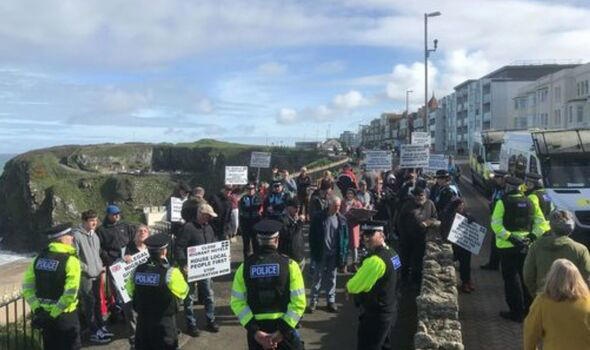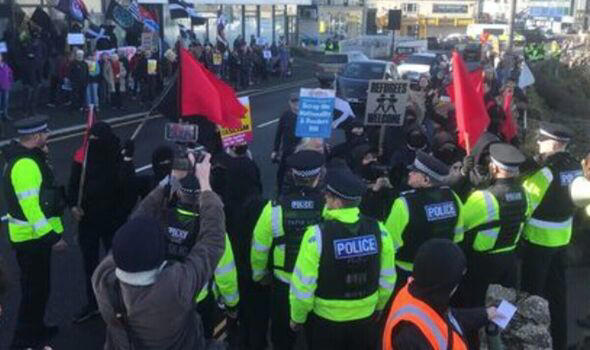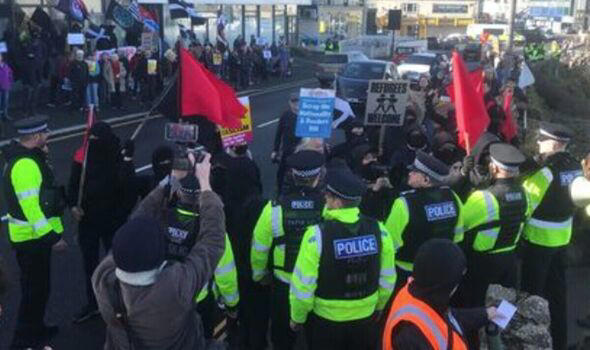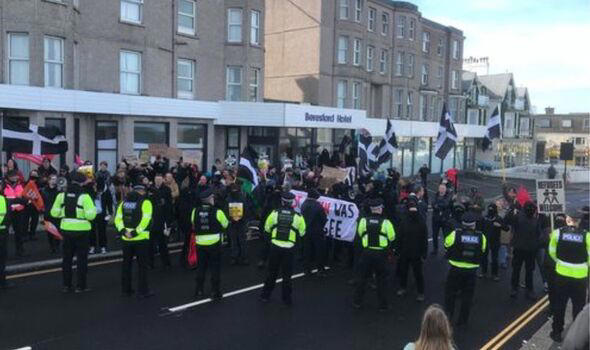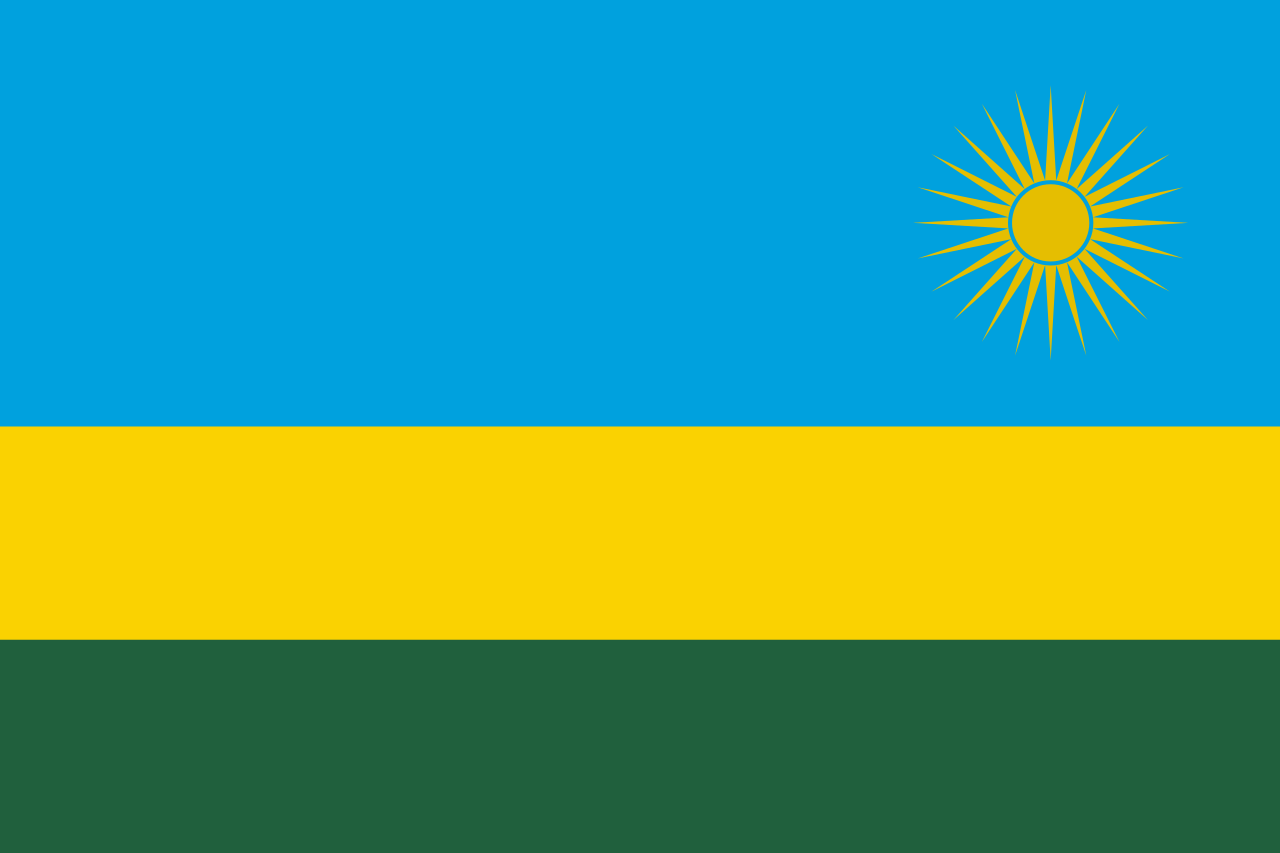- Details
- World
- 1088
Angry protestors have clashed in Torquay as anti-migrant groups gathered for a demonstration outside a hotel housing asylum seekers in the Cornish resort town. Police are attempting to jeep the rival protests apart outside the hotel as the two sides confront each other across the barriers.

Anti-fascist activists clad in black were observed towards the crowd of anti-migrant protests, and officers had to use physical force to keep them apart.
According to CornwallLive, four counter-protesters were removed by the police after allegedly attacking a protester who was against asylum seekers.
Devon and Cornwall Police have yet to confirm any arrests or individuals being taken away when approached by CornwallLive.
The violence is reported to have broken out at around 1pm with counter-protesters clashing with officers in front of the Beresford Hotel as they tried to break through police lines to reach those protesting the housing of asylum seekers in the town.
READ MORE: Brexiteer fumes after 640 laws passed by Brussels 'behind closed doors without transcript'
As the groups clashed a local woman was reportedly shoved and knocked to the ground by a member of the anti-fascist black bloc group gathered on the street.
CornwallLive reported the culprit and then disappeared into the crowd.
The victim was approached but did not wish to speak about the incident.
Earlier some 50 protesters where reported to have gathered to demonstrate against the asylum seeker hotel while 150 people turned out to counter-protest.
The Beresford Hotel in Newquay was surrounded by a large number of police officers who have erected two barriers to separate the anti-asylum seeker protesters from the counter-protesters.
Pro and anti-migrant activists were located approximately ten meters apart and are currently shouting and chanting at each other.
Meanwhile, Narrowcliff was blocked, preventing traffic from passing through.
A woman from the group opposed to refugees told CornwallLive: "We are standing here peacefully. They took the road, which is legal. They are pushing their way through.
"There's two homeless men in the shelter you can see from here who have nothing. They are doing everything in that shelter. They've been to the council for help and got refused.
"We have people here getting everything paid for and humiliating our government by complaining that it's disgraceful. Everybody has a right to complain.
"We're protesting but not allowed to have our say. We're not listened to.
She added: "The government is not listening."
The supporters of asylum seekers could be heard chanting slogan such as "You know you're terrible", "Anti-fascists", "We welcome refugees here", and "Refugees are welcome from the Tamar to the sea".
On the other hand, the opposition demonstrators responded by shouting phrases like "They're not refugees, they're migrants. They abandoned their families", "Why are you hiding your faces, you communists?",
"Are you hiding because of your acne?", "Communists are supporting illegal immigrants who left their families behind", and "Masked communists are supporting illegal immigrants who managed to come here by deceiving others and leaving their families behind," according to Cornwall Live. by Tim McNulty, Greg Martin, Charlotte B, Daily Express



